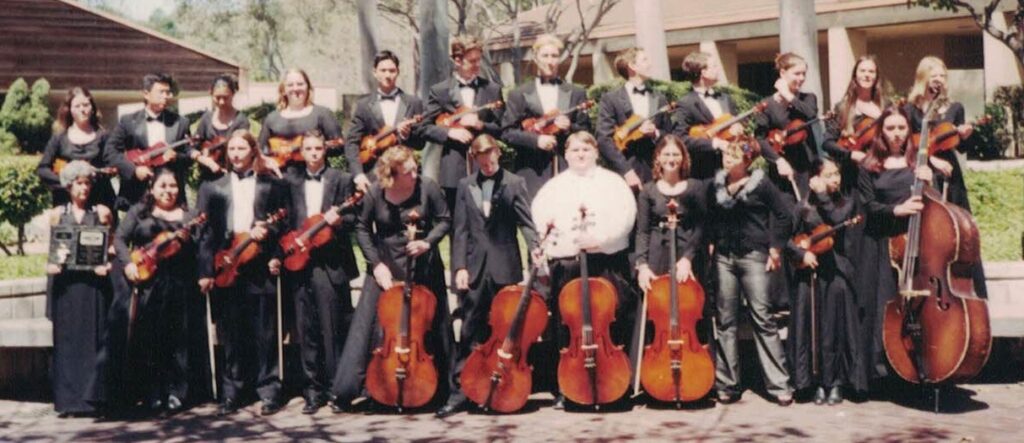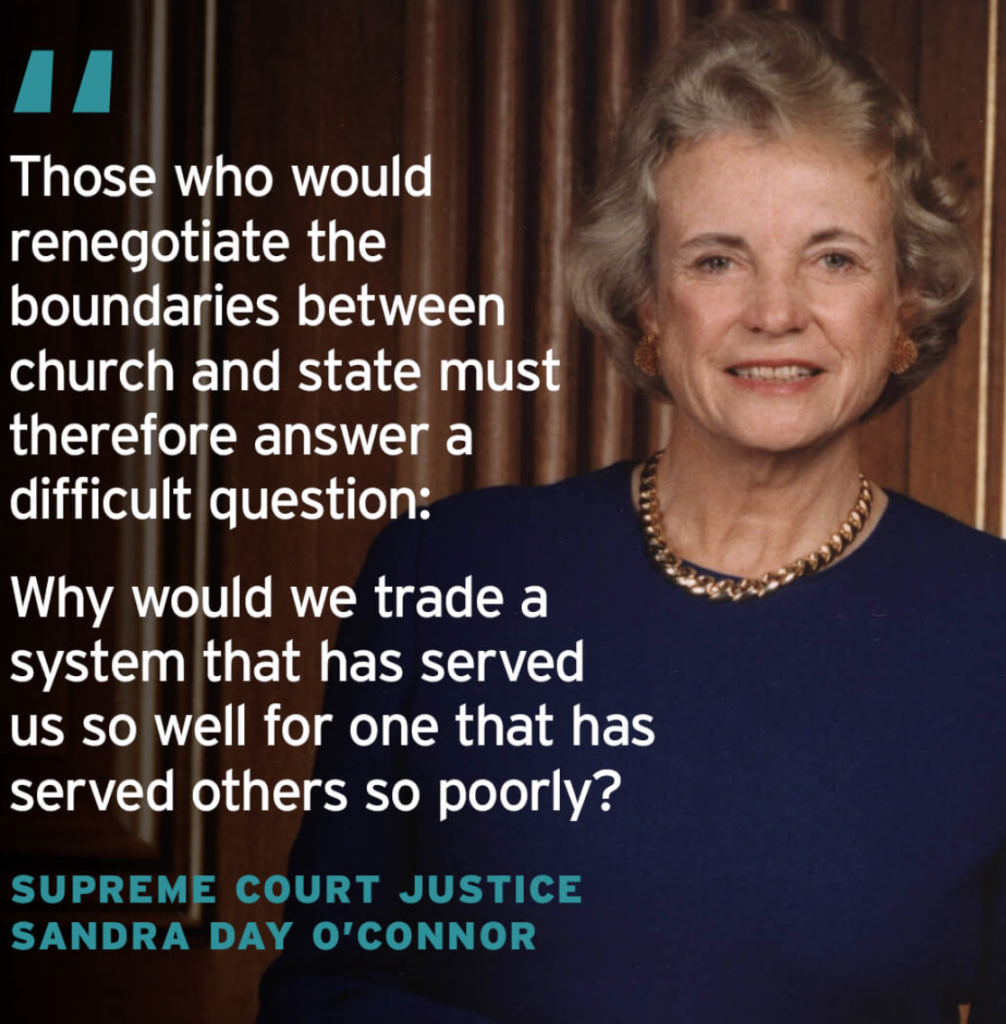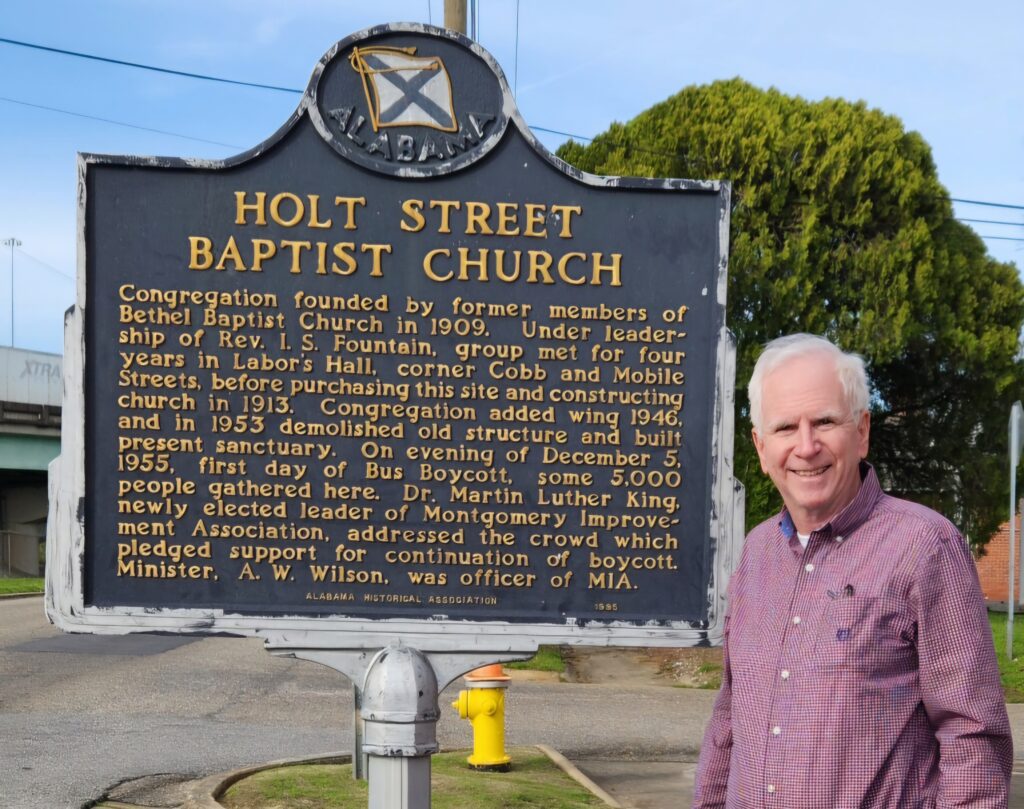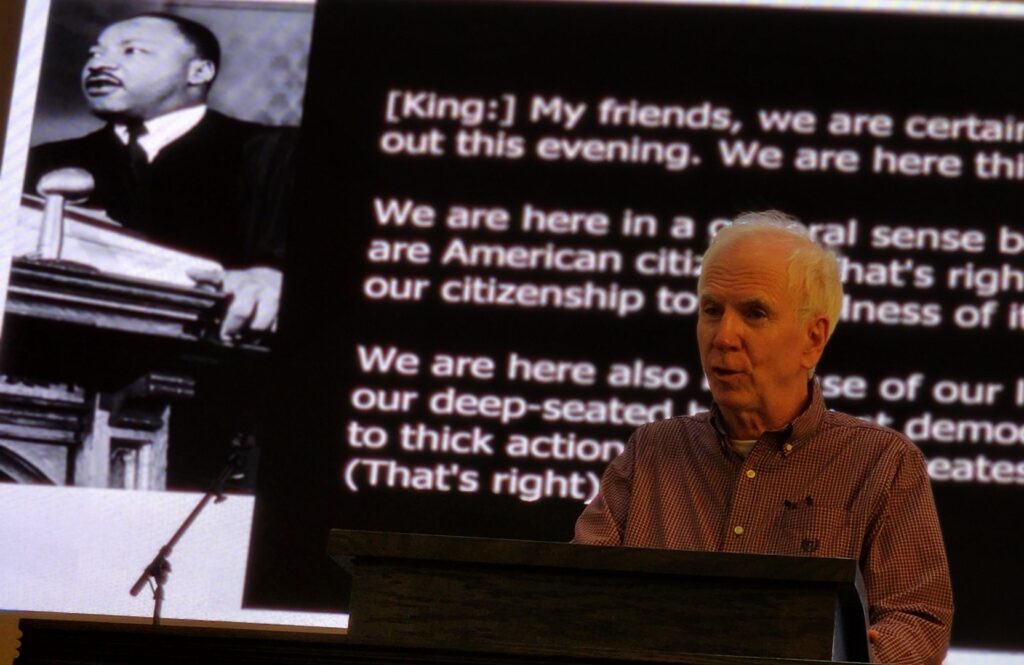Imagine waking up trapped in a real-life television series “Outer Limits”
New American Woman: RFK Jr’s escaped experimental lab monkeys at NIH reveal “Girls Put in Kitchen Again!” Loss of Diversity, Equity, and Inclusion returns the glass cage to women’s workplace.

A Girl’s Place in the Kitchen

Homeschool Mommy Needs a Drink.

Caging Mother
A Woman’s Experience Hitting a Glass Ceiling
It was 1968 at Northern Illinois University, where Carolyn* declared her major “teaching” Instrumental Music. She dreamed of working as a band teacher. She pushed the barrier for Instrumental Music, considering males dominated this field. All women at this university declaring this desired profession were herded into the school auditorium to ‘suggest’ they change their major to General Music Education or to something such as elementary classroom instruction. Carol persisted with her goal of teaching instrumental music and as part of the degree required 1 semester of General Music Education. Carol was experienced in breaking new ground, as she worked with her parents to build a point-ballet studio in Rockford, IL in 1970 and taught there on weekends Spring of 1971 while attending the university full-time. At 5’3” and 105 lbs. she was determined to pursue her course.
Upon college graduation in 1971, she hit the female “trouble clef“-no one would hire her in her hometown area to teach band. In an interview for an open elementary band teacher position with the male Rockford School District Instrumental Supervisor, who knew Carol, as she had played oboe with his son in high school, told her in these exact words, “ Well, you are a little small, and I had a man in mind for the position!”
She was hired instead as an Elementary General Music teacher pushing a cart and often a piano from classroom to classroom in two different schools each week. Yet she persisted in her original goal and was finally hired as an Elementary Band Teacher but often with no classroom (one school she taught band in an unused shower room) or even a desk traveling to 5 different schools several times each week. At another school she was put in the basement mechanical room with poor lighting and no desk. She asked the male elementary principal several times over many weeks to find her a used desk somewhere in the very large district to no avail.
After bringing this to the attention of a female music supervisor in the district office, she got a nice desk sent to the school by the supervisor, in which the principal then confiscated for his own office giving Carol his older desk while she was at a different school.
Yet Carol persisted and following a move to Arizona in 1985 where she was hired as an elementary orchestra teacher she continued to claw her way up to becoming a successful orchestra teacher (even elected as VP of AZ elementary instrumental teachers Music Education National Conference -MENC-association), at Junior High Schools and Chandler High School building small programs into much larger ones, including a short stint as the orchestra director at Mesa Community College before becoming an Assistant Principal at Prescott High School and then serving as principals both in Illinois (before the AZ AP High School position) and in the Phoenix Arizona area before retiring after serving 42 years in public school education.
Upon college graduation in 1971, she hit the female “trouble clef” -no one would hire her in her hometown area to teach band. In an interview for an open elementary band teacher position with the male Rockford School District Instrumental Supervisor, who knew Carol, as she had played oboe with his son in high school, told her in these exact words, “ Well, you are a little small, and I had a man in mind for the position!”
Recommended music Vivaldi: Winter (L’inverno) I. Allegro non molto – Four Seasons – RAY CHEN



The following are just a few ways DEI has improved women’s opportunities and quality of life:
Opening admission and increasing opportunities at universities and corporations nationwide;
Creating mentorship opportunities, leadership trainings, scholarships, investment programs, and more that grow women’s success;
Getting us closer to equal pay and workplace representation;
Encouraging everyone from medical researchers to film producers to pay attention to women’s needs and perspectives;
Creating safer workplaces through anti-harassment programs and anti-discrimination policies;
Promoting pregnancy and parental leave and benefits;
In some cases, imposing quotas so schools and workplaces entrenched in patriarchy were forced to open their doors to qualified women.
In 1997, it was estimated that at least 6 million women held positions they wouldn’t otherwise hold because of affirmative action. Notably, while opponents to DEI claim that Black women and other women of color benefit the most from DEI, most of the women who obtained these positions were white.
Don’t Monkey with Women’s Rights,
Pastor Jim
*Carolyn in the story is my wife.


























































